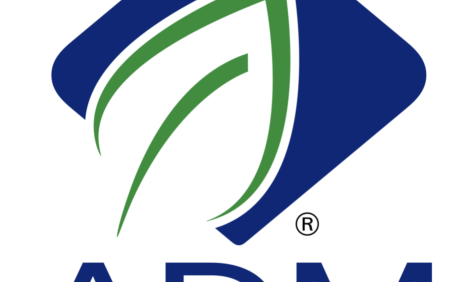



Helping Beef Farmers Reduce Carbon Footprints
UK - A new study investigating methane emissions from cows which will help producers reduce their carbon footprint has been launched by McDonalds and The Eco2 Project.The beef industry has the capacity to reduce its greenhouse gas emissions significantly through relatively small changes in farm practices and supply chain efficiencies, according to The Eco2 Project - an independent rural consultancy and energy auditing company.
It has just started to roll out a major project for McDonald's, one of Europe's largest beef buyers. The programme will use the world's most sophisticated on farm greenhouse gas calculator, developed by Eco2 and accredited by The Carbon Trust, to measure each farm's emissions.
A total of 350 beef farms in the UK and Ireland will be visited by April 2010, specialist consultants will work with the farmers to help them bring about reductions through natural farming practices and supply chain efficiencies.
"There has been a lot of discussion and speculation about the greenhouse gas emissions associated with livestock production. This model will for the first time bring transparent data from real farms to accurately inform that debate", said Peter Darlington, a Director of The Eco2 Project.
"We have been working successfully for some time now to reduce carbon emissions in many areas of our business. We are very excited by the development of this ground breaking project which we are piloting in the UK and which will help drive further reductions in our beef supply chain. At the same time it should also deliver real financial benefits to the farmer" said Steve Easterbrook, Chief Executive of McDonald's UK.
Eco2 is confident that through action at farm level, the Beef Industry can reduce emissions in line with the targets set for climate change initiatives.
"We think we can bring about significant reductions by harnessing the efficiencies of dairy beef, by improving existing suckler cow farming techniques and practices, and by generating further supply chain efficiencies. Our advice will help farmers do this by improving their existing farming methods," added Peter Darlington. "Relatively small changes can result in carbon savings on beef farms."
TheCattleSite News Desk


